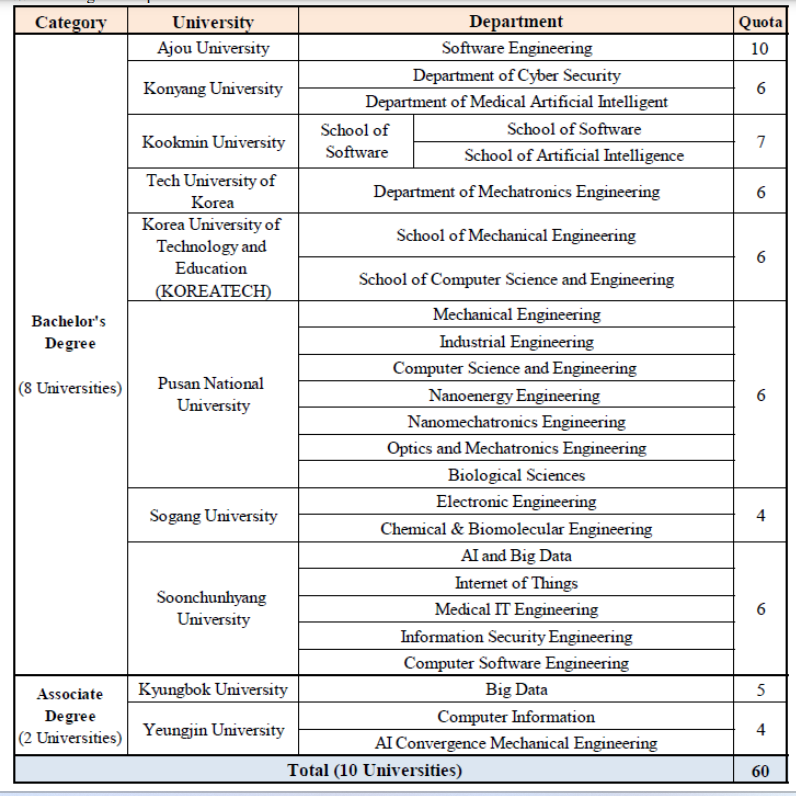Sharing the noteworthy advantages of the K-scholarship, an exceptionally giving part of the GKS scholarship 2025 for the undergraduate programme, makes us very happy. The beneficiaries of this extensive scholarship are guaranteed complete coverage for a range of personal and educational expenditures. The following are the main benefits of the K-scholarship:
1. Airline Reimbursement
All travel costs are reimbursed, making travel to the Republic of Korea simple.
2. Settlement stipend
To help participants with their first transition to life in Korea, a one-time settlement stipend of 200,000 KRW is given.
3. Living Allowance
To facilitate their monthly expenditures, the recipients receive a monthly living allowance of up to 900,00 KRW.
4. Medical Insurance
All scholarship recipients are entitled to 20,00 KRW monthly for comprehensive medical insurance.
5. Full Tuition Support
The scholarship also covers tuition fees up to 5,000,0 KRW and gives the students financial freedom to accomplish their academic goals.
6. Research Grant
In the periods of intensive research, the students taking any research-oriented programme qualify for a grant of up to 240m KRW per semester.
7. Thesis Printing Coverage
To reduce the financial burden of this academic duty, a one-time coverage of up to 800,00 KRW is provided for thesis printing.
8. Completion payment
After the successful completion of the programme, scholars are paid a one-time payment amounting to KRW100,00.
Moreover, the students who are native Korean speakers also receive an additional approximately 100 thousand KRW award. This widespread support shows that K-scholarship is committed to creating a nurturing and enriching learning environment for its beneficiaries.











